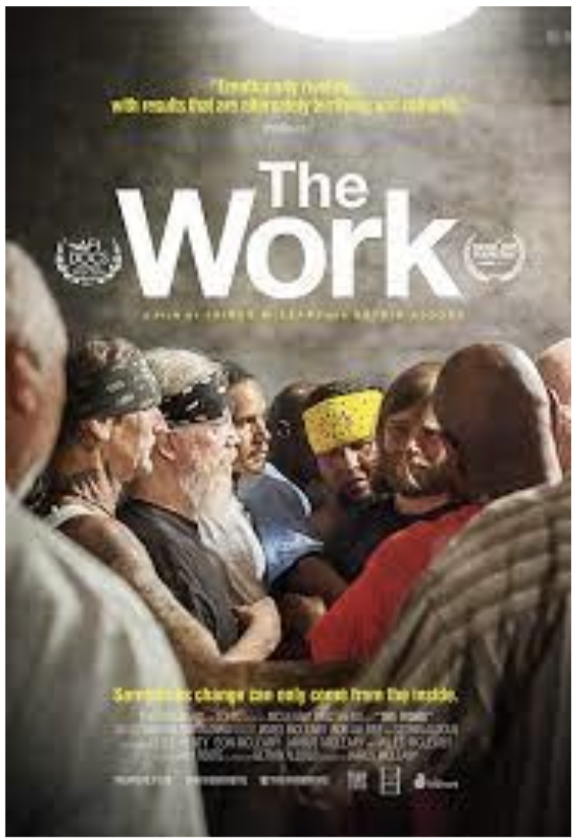by Eli Daniel
The Work, a documentary by Jairus McLeary, highlights the lack of emotional support men receives throughout their lives. The rituals that are the focal point of The Work are centered around the idea of a safe space and support group for the emotional distraught individuals participating. An idea that is common to a majority of people is completely foreign to a majority of those participating in the ritual; this idea is emotional support. The question is are these support groups successful?
The men participating in the ritual are all experiencing and or have experienced some form of emotional neglect. Emotional neglect is defined as, “a relationship pattern in which an individual’s affectional needs are consistently disregarded, ignored, invalidated, or unappreciated by a significant other.”
Chris Renton was a clear example of emotional neglect. Within the documentary he explained how throughout his childhood all he wanted was his fathers validation, furthermore, he explained how the lack of validation has stayed with him throughout his life and effected his overall well being. The ritual was successful in assisting Chris and helping him face his greatest hardship in life allows the audience of the film to observe how effective emotional support is for those traumatized. Although Chris was not incarcerated, lack of emotional support can affect any person no matter their circumstance.
Another example of emotional neglect was Neseli “Kiki” Tagoai. Kiki explained how a lack of support and guidance during his childhood led to inability to show emotion to those around him. Kiki referenced his close family members death was hard on him however he felt he lacked the ability to show emotion and grieve for his loved one. The emotional support group was successful in allowing him to show emotion and support him in his time of grief.
Throughout The Work there were numerous other scenarios similar to the two explained above. Furthermore, I believe that not only are there numerous similar scenarios within that specific group but also throughout the population of both incarcerated and free men. The lack of emotional support among men, specifically those incarcerated, is evident. The increase in support would help reduce those incarcerated by reaching them prior to their wrongdoing. Our communities should take action and increase the amount of support groups available to those in need. This action would directly benefit both our the male and female population positively and our nation as a whole.

I really like how you chose a specific question to answer and the context that was given was specific and relevant to the question. I also really like how you chose two specific people in The Work to focus on instead of the entire cast, this made it a much stronger argument. Your closing paragraph gave a good answer to the question as well as brought it to a larger scale, rather than just the documentary, which I really enjoyed. Overall, great job! This is a super strong blog post!
LikeLike